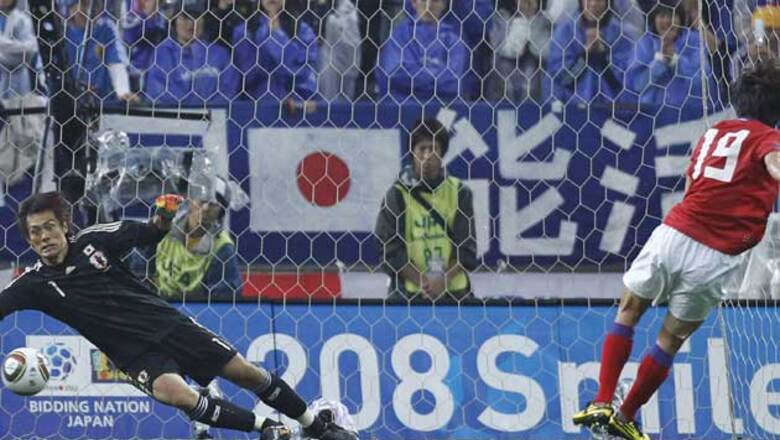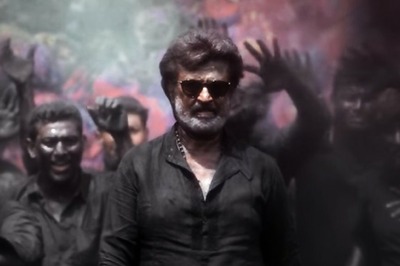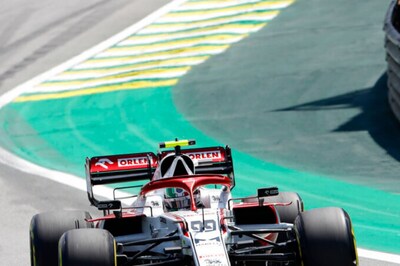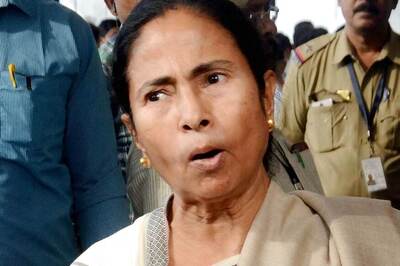
views
London: Scientists say players taking penalty kicks at the World Cup should ignore the goalkeeper and just focus on where they are going to put the ball.
A study led by Greg Wood, a psychologist from Britain's Exeter University, tracked the eye movements of penalty-takers in shootouts and noted how players about to kick a ball could be distracted by the goalkeepers in front of them.
"We focus on things in our environment that are threatening. In a penalty kick, that threat is a goalkeeper," Wood said. 'If he (the goalkeeper) can make himself more threatening, he can distract the kicker even more. By doing (certain) behaviors, he can make it so the kicker will kick (the ball) near the goalie."
Penalty shootouts could be a decisive factor at the World Cup in South Africa. Two of the past four tournament finals, in 1994 and 2006, have come down to penalty kicks. Many matches in the knockout stages also have been decided in shootouts.
Since shootouts were introduced in 1982, there have been 20 of them in seven World Cups.
Wood said the player taking the penalty kick was always the person in charge, but the more anxious he became, the more he would look at the goalkeeper.
"Don't pay attention to the goalkeeper," said Wood, whose study is due to be published in the Journal of Sports Sciences. "The control is with the kicker, and he must realize that, get confidence from it, and then align his eyes and let the eyes provide the brain with the necessary information for accurate shooting."
One of the most famous examples of a goalkeeper putting off a penalty-taker came in the 1984 European Cup final, when Liverpool goalkeeper Bruce Grobbelaar did a wobbly leg dance that appeared to distract Roma's players in a shootout the English club won.
"From a penalty-taker's perspective, it seems unwarranted attention to a goalkeeper is suboptimal for accurate shooting and, more importantly, increases the likelihood of performance failure," the study says.
"Whether it is a 'spaghetti legs' routine or simply the waving of arms, it seems that Bruce Grobbelaar was right: A distracting goalkeeper does test the concentration of penalty-takers."
Eighteen university-level soccer players, fitted with eye-tracking technology and subjected to a number of different situations making them more or less anxious when trying to score on penalty kicks, took part in the study.




















Comments
0 comment